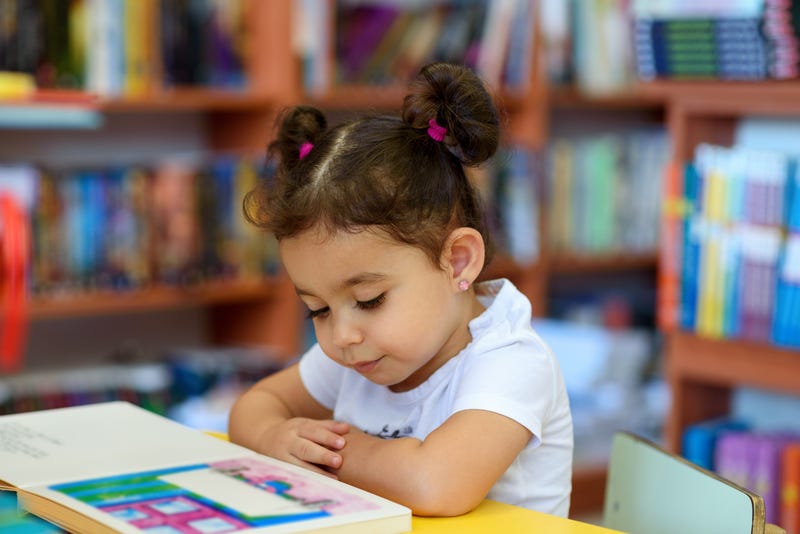
Both public and school libraries in Missouri have been in a battle with the state legislature, as lawmakers have started cracking down on what kinds of books should be allowed for children to access. At least 37 states have some kind of book ban, and one professor wants to explain why they happen, and what their impacts are.
Dr. Karla Armbruster, an English professor at Webster University, is taking part in a series at Webster that seeks to answer “big questions.” Her part in the series tackles book bans.
“The big question,” Armbruster said, is, “What is the value of books and information? What are the potential harms of books and information to various groups within our population? Should we ever ban books and information? And if so, why? And when?”
Armbruster said that with around 80% of Missourians having Internet access, book bans can’t always keep people from finding certain information. And in fact, she said, there’s evidence that when a book gets in the spotlight for being banned, it can draw more attention to it.
“So if you're a critical thinker, you might think, ‘Maybe restricting access is not the real reason why all of these attacks are going on.’ I don't really know what people who implement these book bans think but I suspect it's more of sending a message right about what they think is appropriate for children,” she said. “Some people would say there's also an attempt to punish librarians, teachers, schools, who might be going in a direction that they feel like they disagree with.”
Armbruster added that a key idea that book bans assume is that by providing students with information, they’re automatically going to agree with it. But she says that even little kids are coming in with their own ideas, perspectives and questions, and are critical readers.
“You can't really stop that,” she said. “I think the process of education has to be helping them understand, what are the best kinds of questions to ask, and who do you go to when you need help? And where do you find more information?”
She added, “They're never going to be just these receptacles that we pour information into. So I think we have to acknowledge that they are already thinking and help them learn to do that in an intelligent, informed way.”
Hear more from Dr. Karla Armbruster on the implications of book bans:
Copyright 2023 KMOX (Audacy). All Rights Reserved.
Follow KMOX | Facebook | Twitter | Instagram
Listen on the free Audacy app.
Tell your smart speaker to play K M O X.
